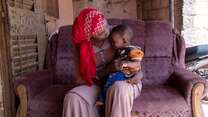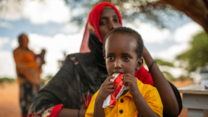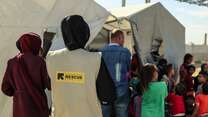Humanitarian emergencies are growing at a time when resources are increasingly constrained. To help humanitarian actors develop and implement programs that efficiently target and apply funds for greater effectiveness, the International Rescue Committee (IRC) created and is piloting an innovative costing tool. The Systematic Cost Analysis (SCAN) tool will simplify the process of conducting cost analyses for country- based and technical staff, ultimately facilitating program decision-making processes to achieve greater reach and impact for crisis-affected populations.
By streamlining the formerly time-intensive and complex steps to automate data collection and standardize the analytical structure, the SCAN tool enables users to easily input the best information available on how program resources were spent in the field. This process dramatically reduces the time needed to conduct a cost analysis from several days to a few hours. Embedding the methodology in a software system also ensures that all cost analyses will meet common methodological standards, making them more comparable across different staff and organizations.
Equipped with the SCAN tool, program staff can now readily answer a host of program- and budget-related questions, such as, How much does it cost to treat a child for severe acute malnutrition? Which type of latrine should be built based on the budget and constraints faced? What is the cost per village served that this program can achieve based on the type of governance training given in this context?
The IRC aims to continue growing the evidence base for cost analysis. Thanks to user-generated analyses, going forward the organization will build a sector-, country-, and program-specific evidence database regarding the use of resources.
Watch a demo of the SCAN tool here.



